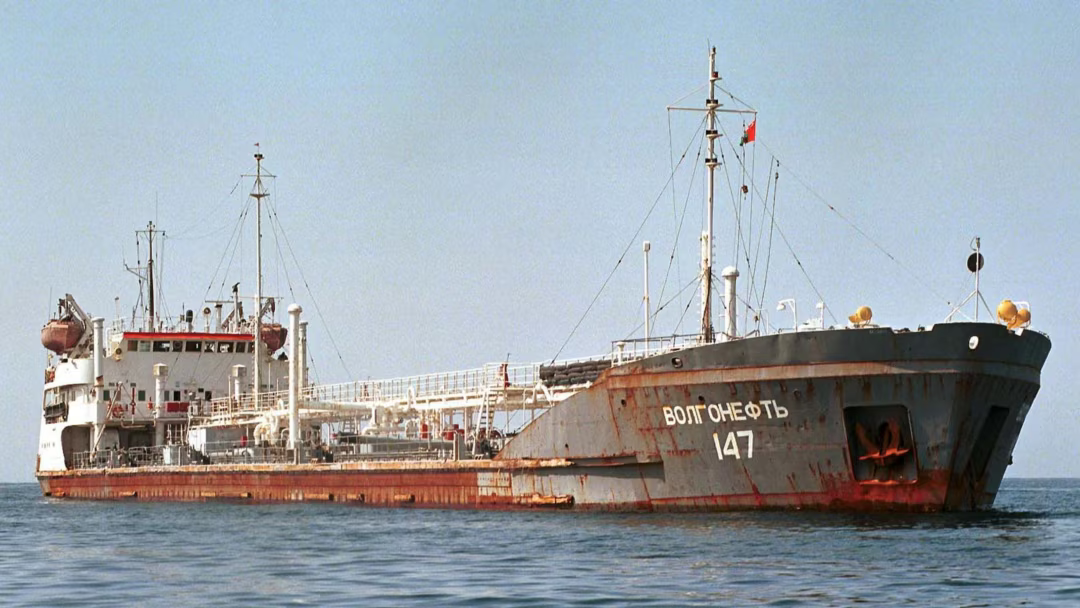Justice without Putin: the problem of immunities
The upcoming Special Tribunal of the Council of Europe for the crime of aggression against Ukraine would not be able to try Vladimir Putin as long as he remains in office, according to a recent report by Euronews citing two unnamed European officials. Against the backdrop of global support for Ukraine and repeated declarations of determination to ensure accountability for the gravest international crimes, this news comes as a cold shower. Though for the legal community, which has long debated this issue, it is hardly surprising.
The special tribunal, planned with the support of the Council of Europe in The Hague, has been perceived by many as a symbol that impunity must not prevail in the world. Its goal is to hold Russia’s top military and political leadership accountable for the crime of aggression against Ukraine – that is, for launching the war itself. Aggression is not just another international crime; it is the "crime of crimes," the foundation upon which thousands of others are built: extrajudicial executions, torture, deportations, and the destruction of cities.
But now it is becoming clear, even outside professional legal circles, that the tribunal may not be a panacea. The legal issue long raised by experts – leadership immunity – has not gone away. A tribunal created under the auspices of a European organization, without UN backing, would in fact be regional in nature. In such a case, its jurisdiction would extend only to those countries that recognize it. This could set a dangerous precedent. And so, it is highly likely that such a tribunal would be unable to overcome international legal norms that protect the "leading trio" (head of state, prime minister, and minister of foreign affairs) from criminal prosecution by foreign jurisdictions. We may dislike these norms – but they exist.
Ultimately, the likely outcome would be paradoxical: a tribunal seemingly created for Putin, yet unable to try him. Instead, it would go after secondary actors, such as members of the Russian Security Council. Of course, their accountability also matters. But is this the justice that Ukrainian society and the world expect?
Moreover, there is another issue – we need effective mechanisms for the arrest and extradition of those responsible for the crime of aggression. Even if we imagine a change of power in Russia, a hypothetical new government might refuse to hand over former leaders. That is why the more legitimate the justice mechanism and the greater the international support it receives, the higher the chances of enforcement.
Perhaps the strategic error lies not in the intention to create a special tribunal per se, but in the fact that it has become the only option under serious discussion. It is time to consider alternatives that have been unfairly dismissed as unrealistic. For instance, expanding the International Criminal Court’s jurisdiction over the crime of aggression. Currently, the ICC has jurisdiction over war crimes, crimes against humanity, and genocide, and it is already investigating alleged crimes committed in Ukraine. However, the crime of aggression remains outside its jurisdiction in this particular case. The reason lies in the complex ratification process for the amendments to the Rome Statute and the limitations concerning non-State Parties. Yet these legal constraints are not immutable. With sufficient political will and support from key States, it would be possible to initiate a process that would allow the ICC to prosecute the crime of aggression in the context of the Russia–Ukraine war. It is difficult – but feasible.
Another possible option is the establishment of a special tribunal by a resolution of the United Nations General Assembly. Such a tribunal could gain broad international legitimacy, especially if founded by a coalition of States based on a corresponding resolution.
Additionally, the idea of a hybrid justice mechanism deserves significantly more attention. This would mean creating a court that combines national and international elements – Ukrainian jurisdiction, legislation, and personnel, together with an international mandate, judges, and prosecutors. This model has already been applied in other conflicts – for example, in Cambodia, Sierra Leone, and Kosovo. A hybrid court could have significantly greater legitimacy in the eyes of Ukrainian society, as well as more flexibility in addressing complex issues – such as overcoming immunities.
The options proposed are not just theoretical – they deserve genuine diplomatic and legal efforts. Yes, they require more time, more complex negotiations, and, most importantly, political will. But such an approach is the key to real justice – not merely a political gesture. That is why, in my view, these alternatives should have been pursued as early as 2014 – and especially since February 24, 2022. Because to establish a tribunal and then fail to prosecute the main perpetrator of the crime of aggression would be a blow to the very idea of international legal order.
Justice is not merely symbolic. It is a result. So if we have taken upon ourselves the mission of holding the aggressor accountable, we must seek real solutions – not compromises. And the international community must be prepared to see the process through to its logical conclusion.
Gyunduz Mamedov








